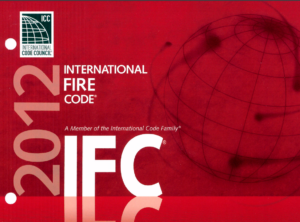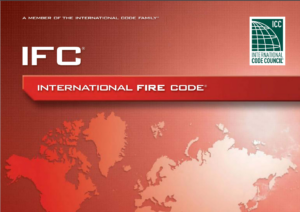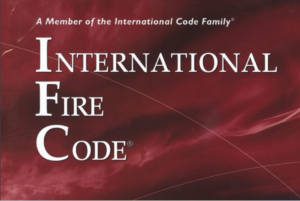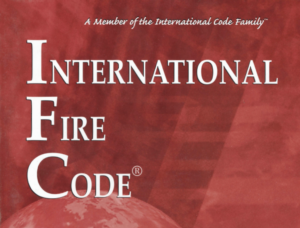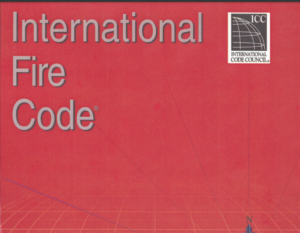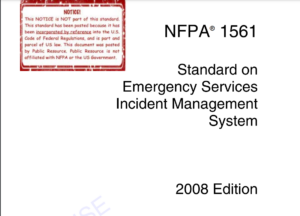The 2002 edition of NFPA 25, “Standard for the Inspection, Testing, and Maintenance of Water-Based Fire Protection Systems,” sets forth comprehensive guidelines for ensuring the effectiveness and reliability of fire protection systems using water. This standard was developed by the Technical Committee on Inspection, Testing, and Maintenance of Water-Based Systems and was approved as an American National Standard.
NFPA 25 consolidates and extends earlier documents and has become the key reference for maintaining systems such as sprinklers, standpipes, fire pumps, and associated equipment. The standard specifies procedures for regular inspections, tests, and maintenance to prevent system failures and ensure operational readiness during emergencies. It includes requirements for documenting impairments, performing necessary repairs, and restoring systems to full functionality.
This edition introduced enhancements based on earlier experiences, including new chapters on handling obstructions in pipes and refining evaluation methods for microbiologically influenced corrosion (MIC). It also expanded the document to cover marine applications, reflecting its broadened scope to encompass all areas where water-based fire protection systems are employed.
Key elements of the standard involve detailed schedules for testing water flow devices and assessing fire pump performance annually. It provides a framework for building owners and authorities to follow, ensuring that fire protection systems meet safety requirements and function as expected when needed. The standard emphasizes the importance of adhering to prescribed inspection and maintenance intervals to maintain the protective capabilities of fire protection systems.

